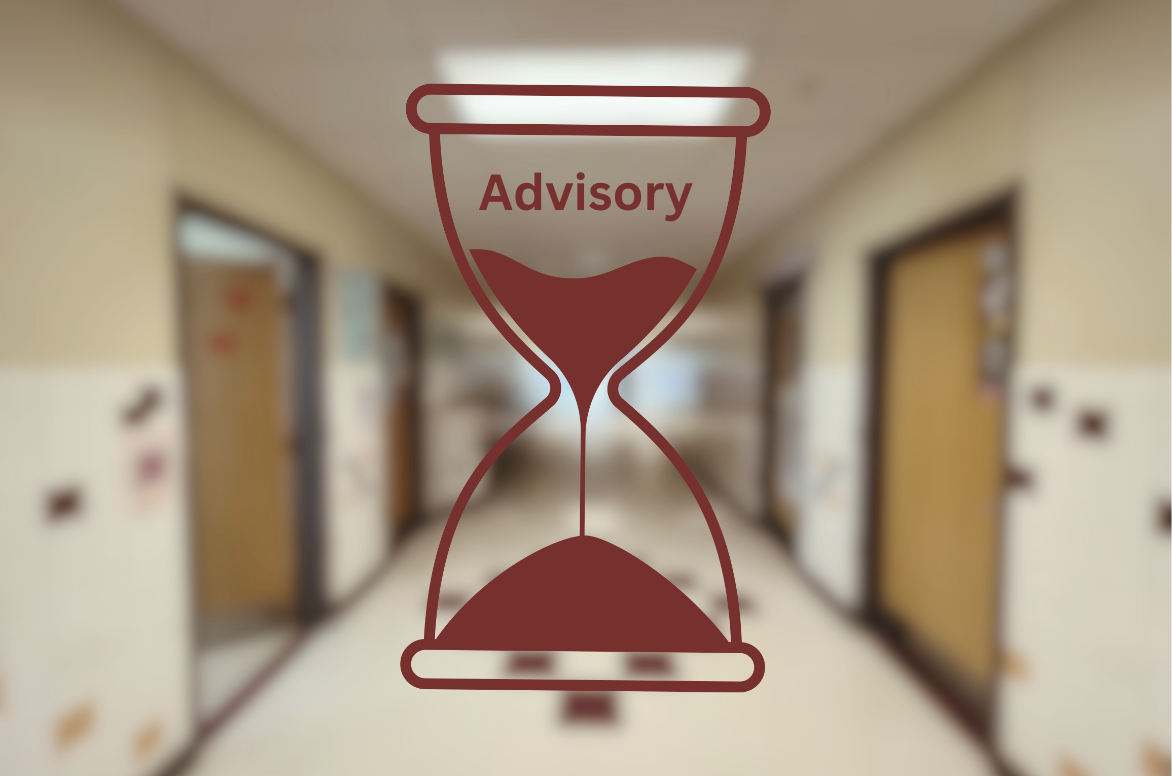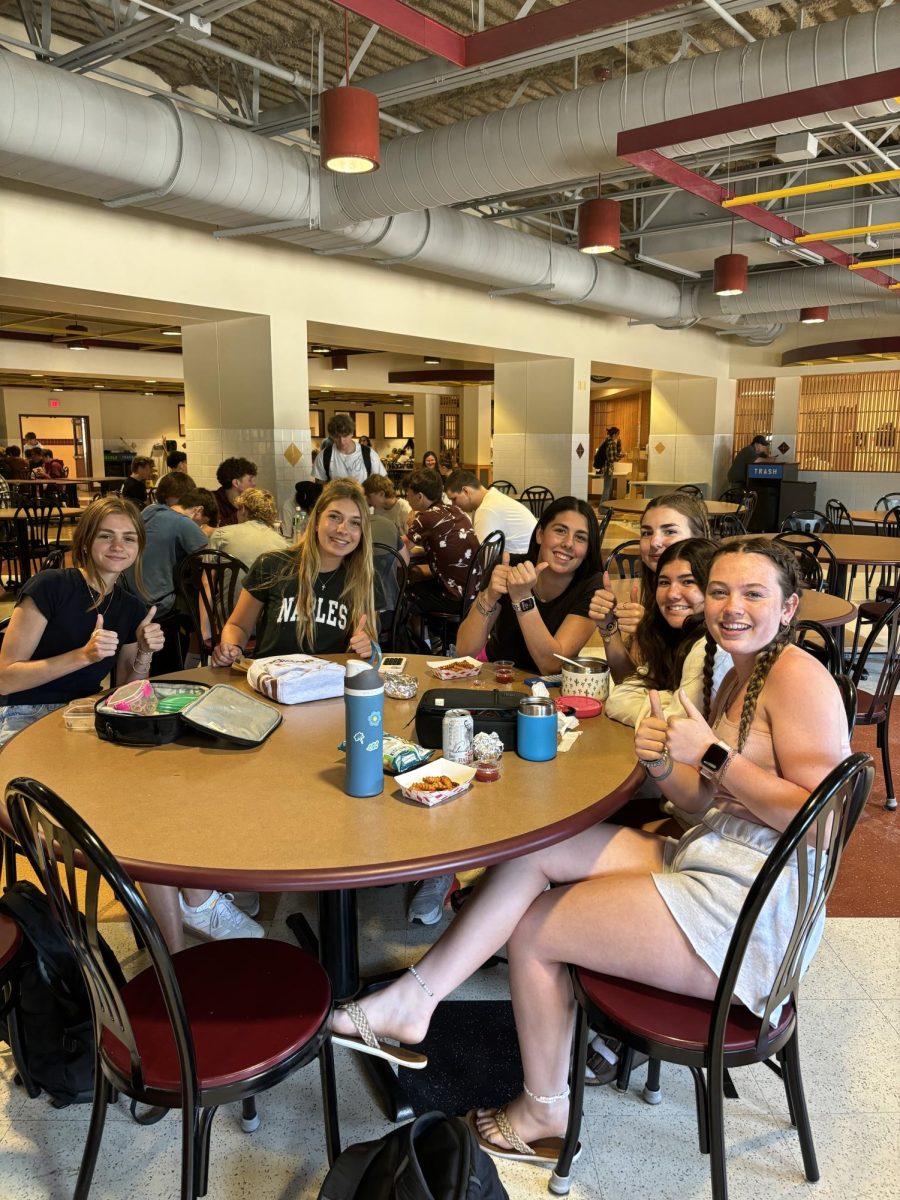High school students in every district must manage their workload on a daily basis. Within their school schedules, they must find time to complete assignments, make up tests, receive extra help, and participate in clubs.
On Mondays, Portsmouth High School students are required to attend an “advisory block” following second block, in place of a period to get their work done. Why should this time not be given to students? If this time is designed to be helpful, should it not reflect their needs?
“The purpose of Advisory is to foster relationships that help the Portsmouth High School community thrive beyond the walls of a classroom,” as stated within the PHS Office of Curriculum and Instruction website.
Advisory serves a purpose, as various aspects of the curriculum such as future-planning are necessary skills. However, weekly meetings have become inconvenient and lengthy. A monthly advisory would allow students to spend more time on their assignments and receive more help from teachers.
A study conducted by Xavier University in 2018 deduced that “47 students participating in a guided study hall experienced a 4 percent increase in homework completion, going from 92 percent to 96 percent of homework being finished.”
Additionally, as stated on Enriching Students, “A flex block gives students the time they need to receive the help they need, from the teacher they need it. And it’s not an extra class, it’s not an extracurricular activity. It’s built in to the school day.” Students require this time on the daily.
With a monthly advisory, students would still be able to attend flex block with their advisory teachers when they desire. A condensed monthly advisory curriculum would allow for the helpful facets of advisory to prevail, while eliminating its tedious nature.
The prioritization of student choice would be evident through the shift to monthly advisory, as students would be able to assume more responsibility surrounding their academics. “Choice in the classroom has been linked to increases in student effort, task performance, and subsequent learning,” education researcher Robert Marzarno states.
If it is not possible to limit the amount of advisory meetings, perhaps students could also benefit from a shortened advisory time. An advisory block consisting of just 15 minutes of curriculum as opposed to 45 would allow students to reap the benefits of the advisory curriculum, while still having time to complete assignments.
Students will still have access to creating a relationship with their advisory teacher without feeling as though they are wasting their time each week. Additionally, the proposed solutions would allow students to build a community and form relationships with their advisory teachers and academic teachers as well.
With a monthly advisory meeting, students would be able to balance their workload better and seek help from teachers.
The four years of high school fly by fast, and students deserve to map out their advisory block time in a way that reflects their needs.
I implore administration to reevaluate both the necessity of weekly advisory meetings, the length of advisory, and the suggestions students propose to foster their academic growth.





